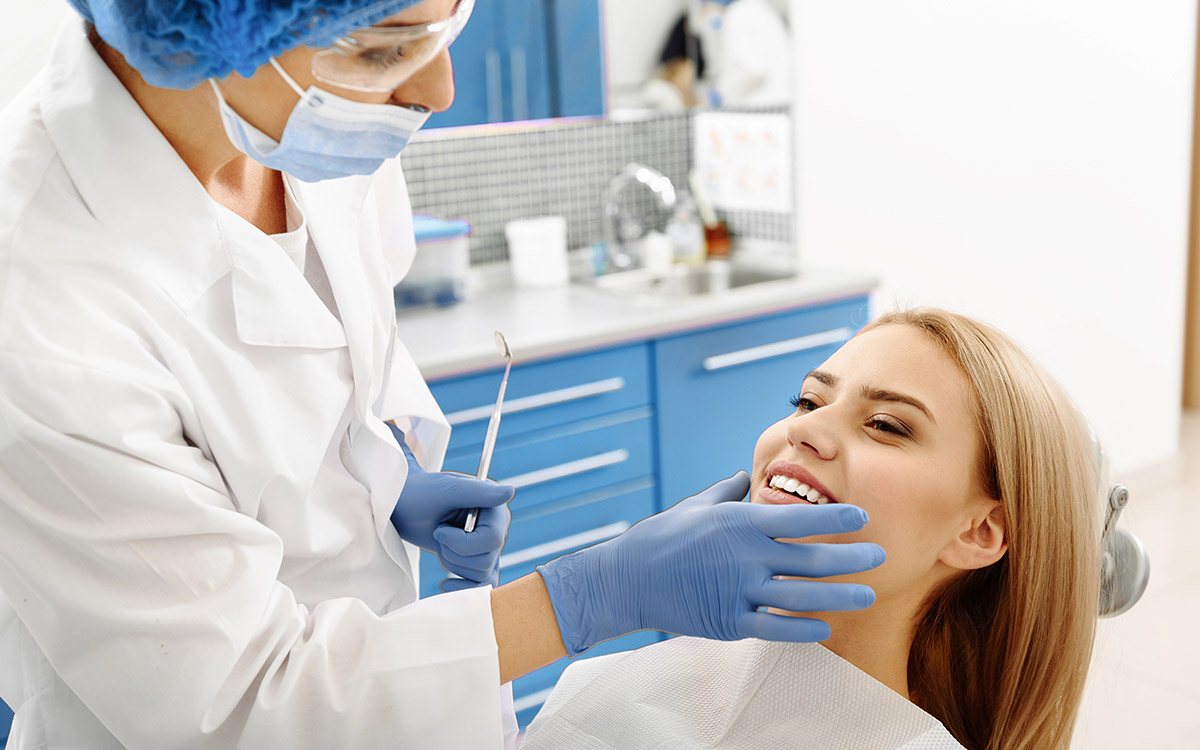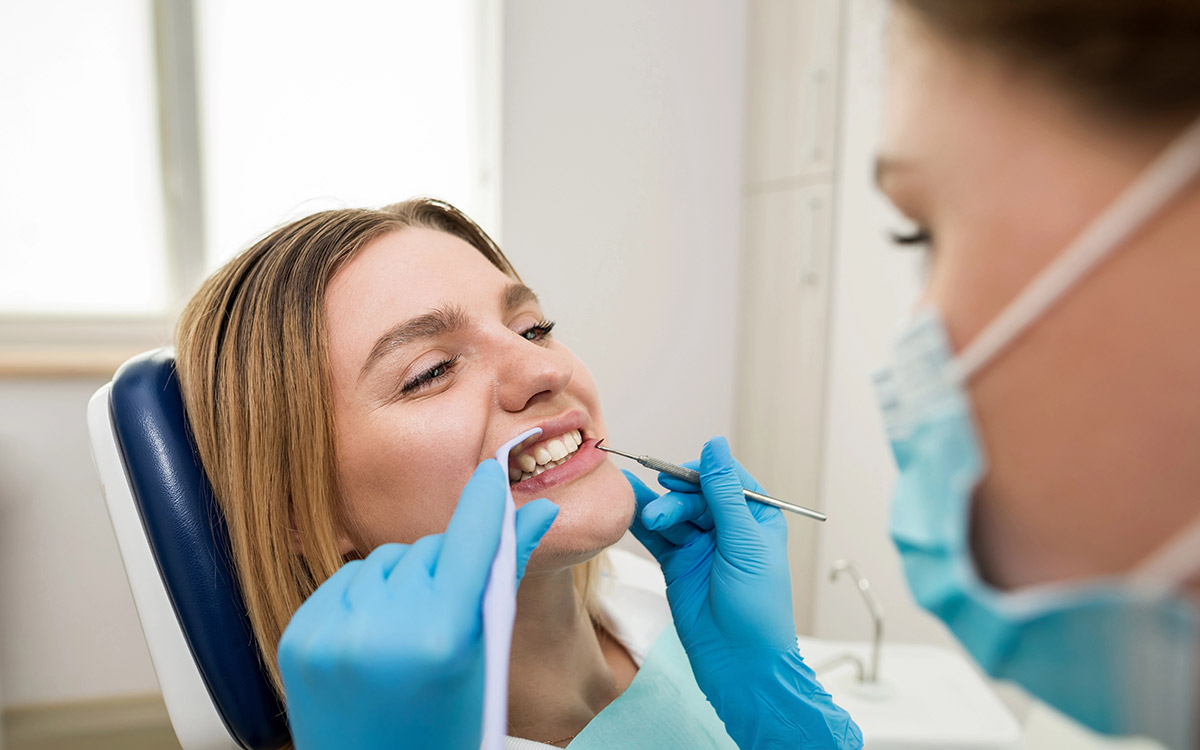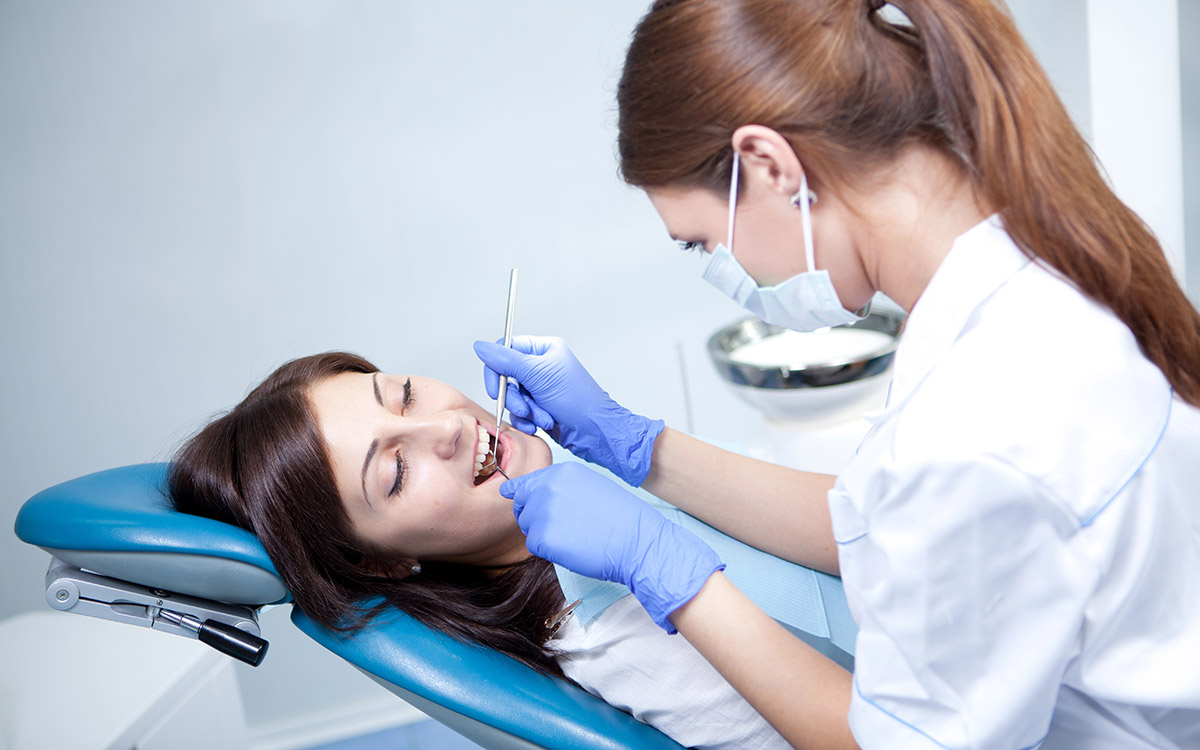Bad breath or halitosis can be a real problem. Whether you want to meet up with friends or go to work, developing bad breath can distract others and give you less confidence while going about your day.
Fortunately, changing your diet plays a significant role when trying to keep your breath as fresh as a daisy. If this piques your interest, you will enjoy the rest of this content.
Causes of Bad Breath
Plaque
Halitosis is mainly caused by plaque in the mouth. Plaque is a mixture of leftover food, saliva, and bacteria in your mouth. Dental plaque can also increase your chances of tooth cavities and other dental infections like gingivitis. Regular brushing and flossing will help eliminate dental plaque and keep your breath fresh.
Mouth Infections
However, bad breath is not only caused by plaque buildup alone. Certain oral infections like gingivitis and candidiasis or oral thrush can also cause bad breath.
If you think you are suffering from oral-related diseases, make an appointment with your dentist as soon as possible. Early detection and treatment can help manage halitosis and also prevent complications caused by spreading infection.
Onions and Garlic
Likewise, foods like onions and ginger also have a pungent smell that lingers in your mouth for a long time. Certain oils in foods can also reach your lungs and give out a foul odor when you exhale or belch.
Coffee and Alcohol
Ever had coffee breath? Alcoholic drinks and coffee are some beverages to avoid to prevent bad breath. The drinks create a favorable environment for bacteria to grow in your oral cavity.
In addition, coffee and alcohol also reduce saliva production in your mouth. Saliva helps clean and regulate your mouth’s acidic level, reducing the bacteria in your mouth and preventing bad breath.
Smoking
Smoking might also be the culprit of bad breath. When smoking, some of the smoke leaves a lingering smell in your throat and lungs.
Smoking also leaves certain chemicals that mix with your saliva resulting in bad breath. Furthermore, smoking dries out your mouth, reducing the amount of saliva needed to clean your mouth.
Foods to Mask Bad Breath
You cannot always carry your toothbrush around during your day. Eating certain foods can be a good remedy for your bad breath. However, it is essential to remember that these food remedies are not an alternative to good oral hygiene practices.
Always talk to your orthodontist if you have questions about oral health. Foods that can mask bad breath include:
Taking parsley or basil is one of the most common food remedies for bad breath. Both plants have certain natural oils and chemicals that help keep halitosis at bay.
In addition, parsley and basils are affordable and readily available, making them ideal for chewing if you are self-conscious about your breath.
Rosemary and Mint Herbs
Secondly, peppermints and other herbal mints have also become a great solution to halitosis. Mints mask bad breath and give you a nice cooling effect that will last a while. In addition, rosemary is also known to reduce the pungent smell of garlic and onions effectively.
If you do not like to chew the leaves raw, boiling the leaves while making tea will still rinse your mouth.
Vegetables and Raw Fruits
Everybody knows that eating your veggies and fruits is good for your overall health. But did you know that they can also prevent bad breath?
Chewing crunchy fruits and vegetables like carrots, apples, and kale keeps your teeth clean. The abrasive fiber from the fruits acts like a toothbrush, removing any leftover food and plaque between your teeth.
Likewise, these foods also increase the production of saliva, which helps remove bacteria from your mouth.
Probiotic Yogurt
If you are not a fan of carrying fruits and veggies to the office, you can also consider eating probiotic yogurt. Studies have shown that probiotic yogurt is a good remedy for battling halitosis.
The yogurts are made with active cultures of good bacteria that help reduce the number of bad bacteria in your mouth and help minimize plaque buildup for better oral health.
Citrus Fruits, Berries, and Melons
In addition, fruits rich in vitamin C are a huge plus when trying to prevent bad breath. Vitamin C is essential in promoting the healing of gums from infections like gingivitis. In addition, vitamin C also plays a crucial role in reducing the number of bacteria in your mouth and reducing bad breath.
Nuts
Like other fruits packed with fiber, almonds and other nuts also have high fiber content that can help clean your teeth. Furthermore, eating nuts also enhances the production of saliva, which helps reduce bad breath.
More Ways to Mask Bad Breath
In addition, a couple of other habits can help you manage and treat halitosis.
Brushing, Floss, and Dental Picks
Brushing your teeth is an excellent way to remove any plaque and bacteria in your mouth. Brushing your teeth in the morning and before you sleep will prevent any odors produced by bacteria from eating away those leftover foods. Remember also gently to scrape or brush your tongue during the process.
Secondly, you can always floss or use dental picks. Flossing helps remove any plaque between your teeth or places your toothbrush bristles cannot reach. You have to floss at least once daily to help prevent bad breath.
However, if brushing and flossing your teeth do not remedy your bad breath, there might be another underlying condition, which you need your dentist to check out.
Mouthwash
Another remedy for halitosis is using mouthwash. Mouthwash has antibacterial and anti-inflammatory properties that help reduce the number of bacteria and reduce inflammation caused by infections in your mouth.
Drink Water
Taking a lot of water also helps manage bad breath. Water helps wash away bacteria and food, reducing the acidic levels in your mouth.
Chew Gum
Chewing sugarless gum eliminates bad breath and helps rinse out your mouth. When chewing gum, your mouth produces more saliva that aids in cleaning and regulating your oral pH levels.
In A Nutshell
Taking food is only a temporary solution to masking bad breath. Good oral practices improve your teeth’s health and prevent cavities. Ensure you brush twice a day and floss before you sleep. If your bad breath persists, book an appointment with our oral health doctor as soon as possible.







